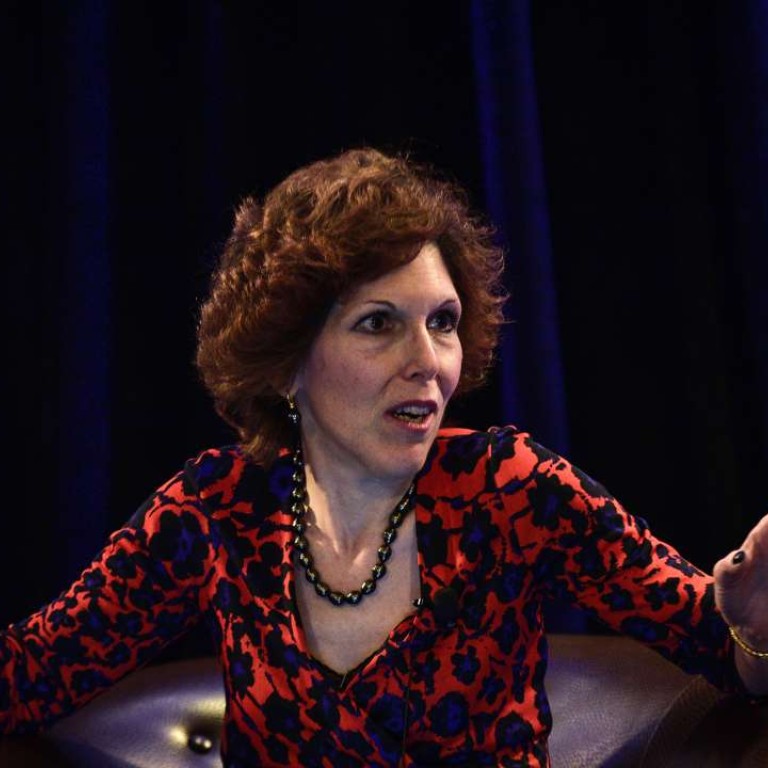
New | US Fed’s Mester says case for rate hike in November likely to be strong
Federal Reserve Bank of Cleveland President Loretta Mester said the economy is ripe for an interest-rate increase and repeated that the Fed’s November meeting should be viewed as “live” for a policy decision, despite its proximity to the US presidential election.
“I would expect that the case would remain compelling” for a rate hike when the Federal Open Market Committee gathers in Washington November 1-2, the week before Americans head to the polls, she told Bloomberg Television on Monday. Mester added that politics wouldn’t affect the decision.

Mester was one of three voters to dissent in favour of hiking when policy makers decided on September 21 to leave interest rates unchanged. Following the meeting, Fed Chair Janet Yellen said she didn’t see any evidence that low unemployment was triggering a rise in inflation that required an increase.
Mester said she expects growth to pick up in the second half of 2016 and inflation to move back toward the Fed’s 2 per cent target over the next couple of years. The argument for hiking, she added, was a “preemptive” one, and the economy was not yet overheating.
“I don’t think we’re behind the curve,” she said. But, “we’ve learned over history that the Fed should be looking ahead and not just waiting.”
Officials raised the target range of its benchmark federal funds rate by a quarter percentage point to 0.25 per cent to 0.5 per cent in December, the first increase in almost a decade.
Worries over global growth early this year, a slump in hiring in May and Britain’s surprise vote to exit the European Union all contributed to the FOMC’s decisions to leave rates unchanged through six meetings this year.

